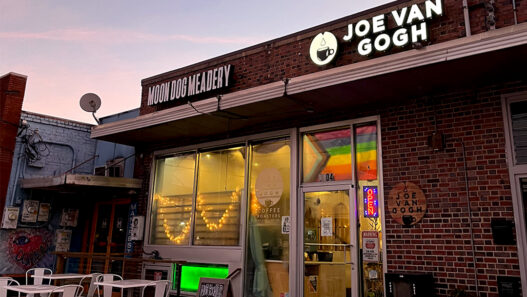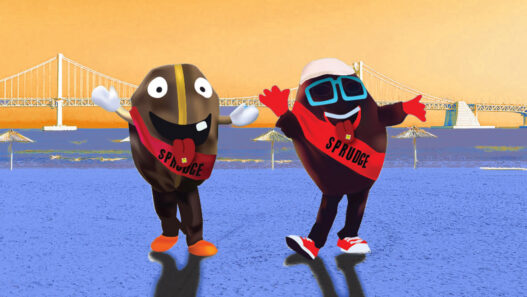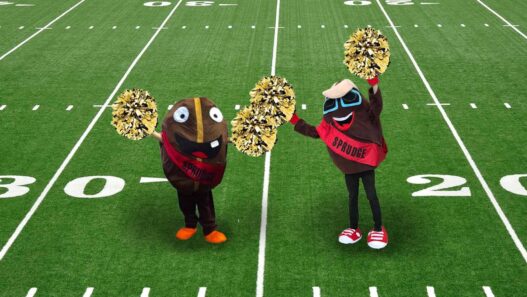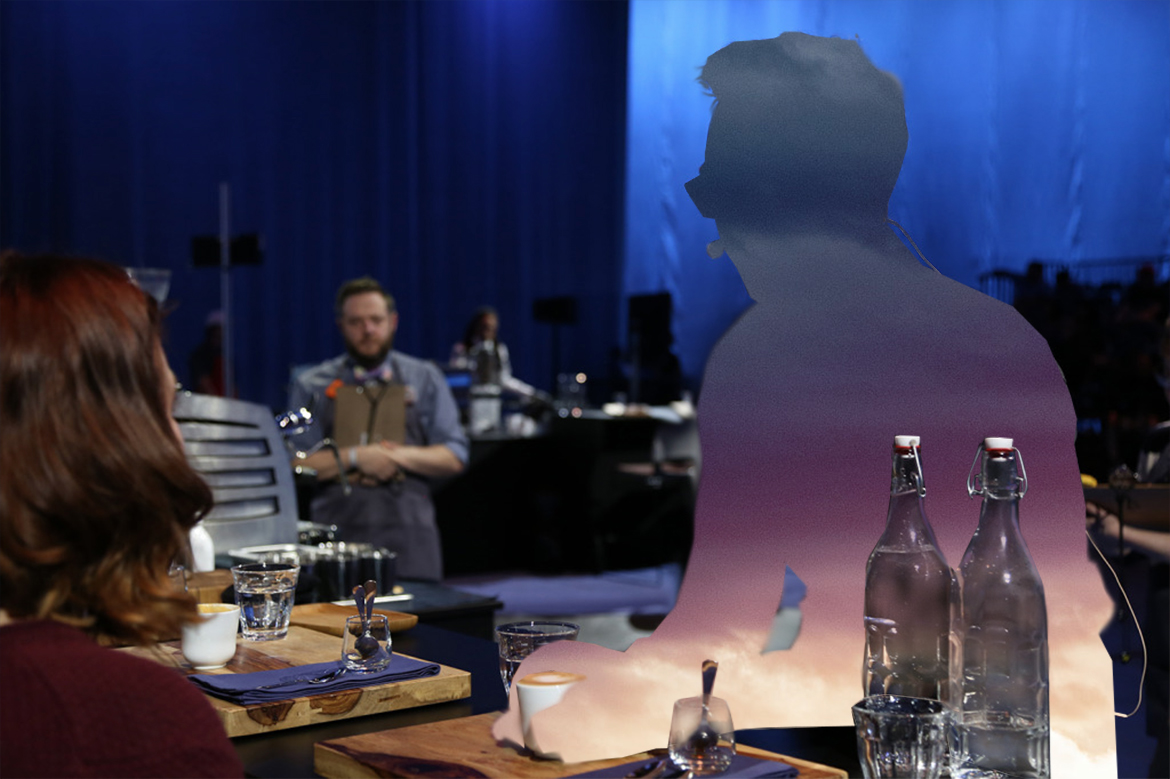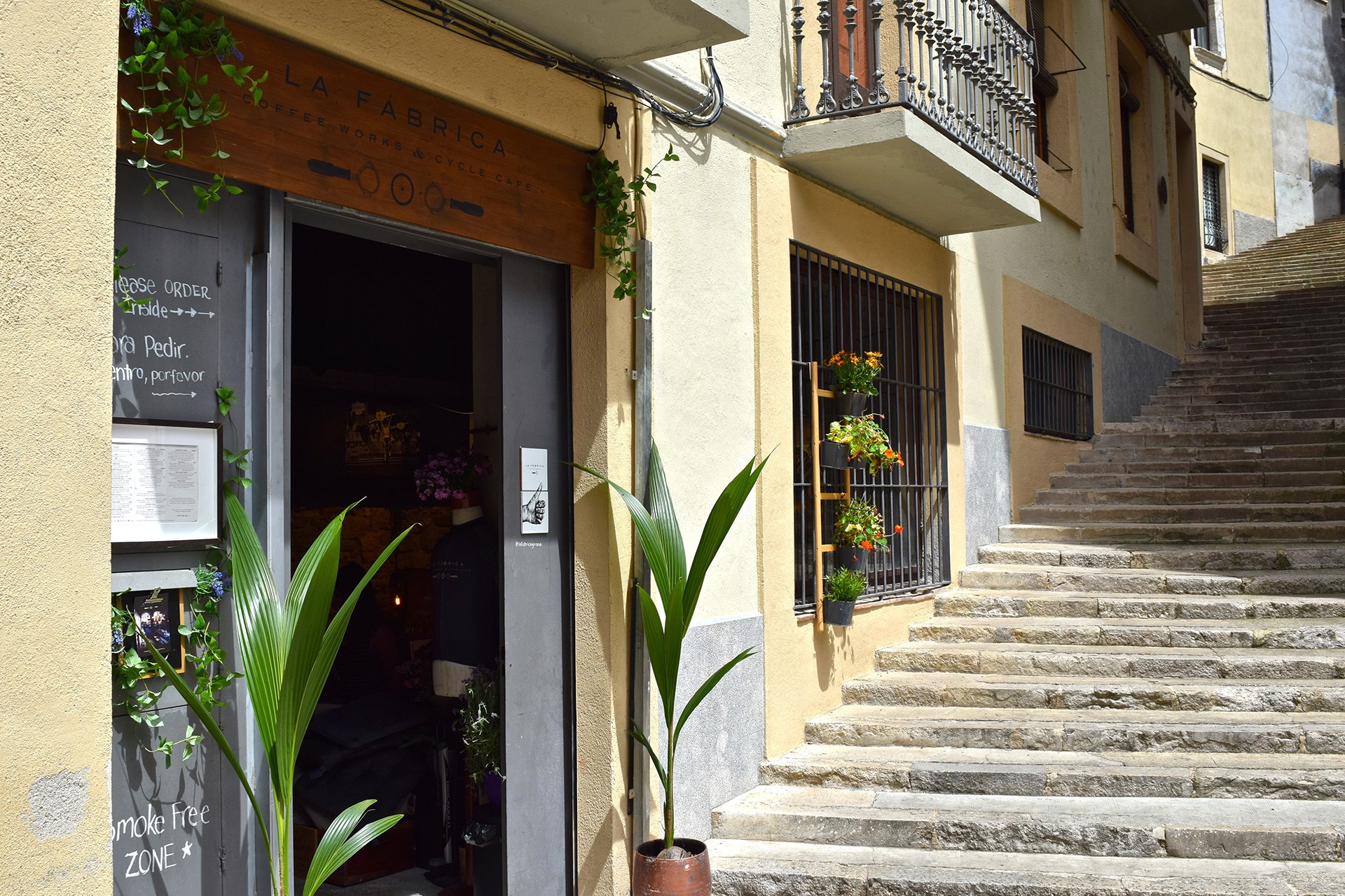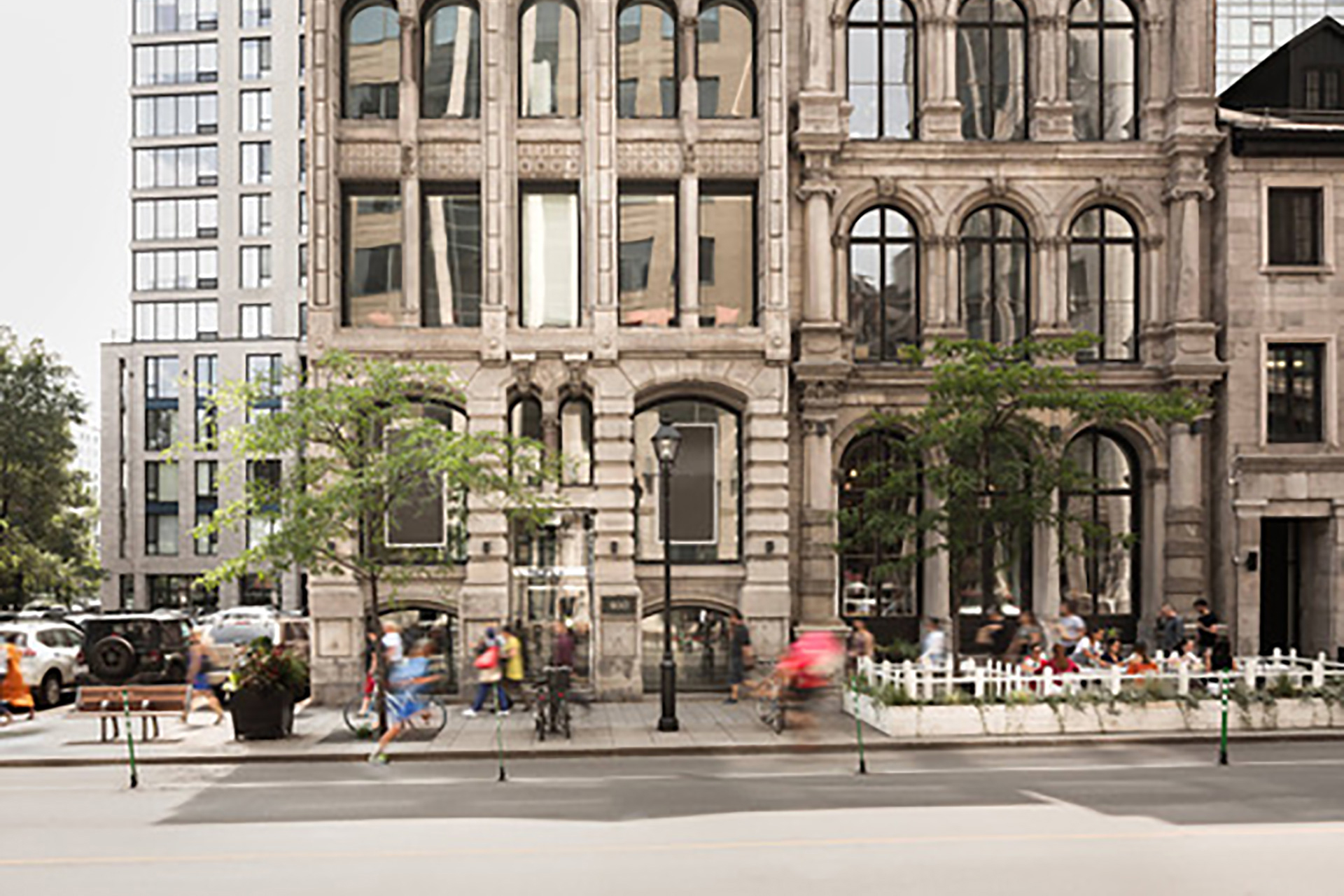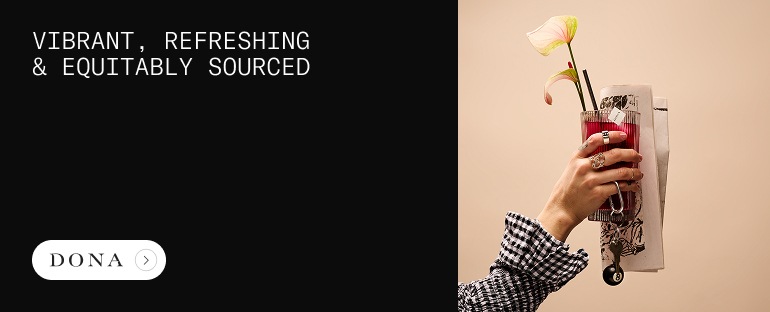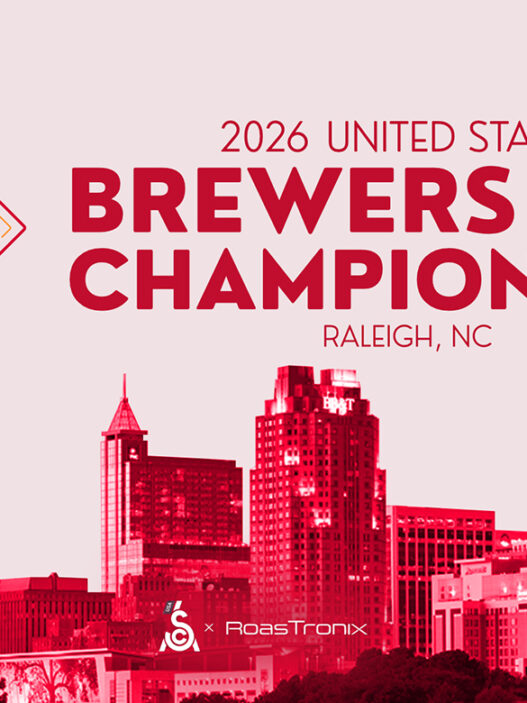News broke last week (since confirmed by World Coffee Events) that 2018 Mexican Brewers Cup champion Carlos Maqueda had been denied a visa by the United States government, and will not be allowed entry into the country to compete at the World Barista Championship in Boston next month. As of the time of reporting, Sprudge can update that a total of four coffee competitors have been denied visas to attend the Boston event: both Maqueda and Emilio Arturo of Mexico, as well as the Barista and Brewers Cup champions from the United Arab Emirates Michaela Ruazol and Lablibell Bajarias, respectively.
Update 3/12/2019: Lablibell Bajarias was approved for a visa on Monday 3/11/19 and will be attending the 2019 World Brewers Cup in Boston.
As the adverse effects of international tensions trickle outside the bureaucratic world and into the lives of real, actual people, many in the coffee community are left with more questions than answers. Visa denials are constantly looming at World events; indeed, those international tensions can play out directly when it comes to accessing coffee’s grandest stage.
World Coffee Events brand manager (and former Sprudge editor) Alex Bernson told us that the exact number of visa denials over the near two decades of World Barista Championship events is difficult to know. While there are high profile cases of competitors having visa issues that play out publicly—perhaps none more famous that Iran’s first barista champion Mehran Mohammadnezhad Mirjani being denied and then finally approved for his visa at the 11th hour to compete in Seattle in 2015—many can go unnoticed. “We don’t always receive full or even any reports from competitors and national bodies as to why they aren’t attending or sending a second place competitor instead of a first,” Bernson tells Sprudge, “nor do we necessarily expect everyone to let us know when they’re having visa specific troubles, because there are many reasons both political and personal that may be the case.”
According to Bernson, issues related to past visa denials are long-ranging, and oftentimes unexpectedly personal. “[It could be] everything from not filling out forms exactly correctly to an embassy’s satisfaction on a first or second try, to having a citizenship from a country in Central Asia but working in and representing a European national body,” Bernson tells Sprudge. “Sometimes the process takes too long and they don’t get their visas in time, especially with later championships. Sometimes competitors get a visa but their coaches and support people do not. Sometimes a person’s individual history in their own country or a host country may come into play with a government’s decision. Sometimes items are held in customs or huge costs and extremely intricate processes for visas are imposed on certain countries by other countries’ governments.”
Lacking sufficient data to know for certain, Bernson speculates (based on the past few years) that there are, on average, between one and three deferrals each season for the annual event roster. That includes events in the United States and elsewhere around the world. “For example, in 2017 we know of at least one visa issue occurring in each of the three host countries that year, including one competitor being denied, one set of coaches being denied, and a difficult to acquire competitor one taking multiple tries coming down to the last hour.” In 2017 the WCE’s portfolio of events were hosted in Seoul (South Korea), Budapest (Hungary), and Guangzhou (China).
After winning the Mexican Brewers Cup in September, Carlos Maqueda began working on getting his visa paperwork in order with Carlos de la Torre, the 2018 Mexican Barista Champion and Maqueda’s employer at Café con Jiribilla. De la Torre is no stranger to applying for visas, having won multiple national coffee championships over the past decade, and had already secured approval for his trip to Boston. Included in the paperwork for Maqueda was an invitation letter from the WCE “highlighting their achievements and the great importance of bringing together all national body representatives on the global stage,” per a statement from the WCE. A letter in this style is standard issue for all national champions seeking visas for international travel related to official SCA coffee tournaments. Also included was “a letter indicating that all his expenses for travel were covered… his status as national champion, [and] the coffee bar where he works also extended all the documentation to support his history as worker and the economic proof of payments,” per an email from Arturo Hernández Fujigaki, a Mexican Coffee Association member familiar with the situation.
Even with all this substantiating documentation, Maqueda’s visa request was denied. The government is required to give a reason for any denial, but Maqueda tells Sprudge he received no such information. “They never gave me a clear answer. I always got a, ‘You do not meet the requirements,’ but they never specified which requirements.” As of press time, no clear indication as to why these visas were denied has been made available—Sprudge has asked every entity involved with this saga, up to and including the US State Department (no reply as of press time).
With a potential five-year visa application ban looming if further appeals are made, Maqueda has now opted to apply for Deferred Candidacy, allowing him to compete in Melbourne in 2020. 2018 Mexican Brewers Cup runner-up Emilio Arturo was offered the spot in Maqueda’s place, but Fujigaki tells Sprudge that Arturo’s visa application was also denied. Arturo will appeal the decision, but if he is unsuccessful, Fujigaki states an invitation will be extended to the third-place competitor, Miriam Aldana, who already successfully obtained a visa.
It’s worth noting this is not the first time a competitor from Mexico has had difficulty obtaining a visa to compete in the United States; indeed, the issues pre-date the Trump Era (shudder) and have become sadly commonplace. “In 2009 for the WCE in Atlanta we faced the same situation with Aleli Moreno, our first woman champion, who was not able to get the visa,” Fujigaki tells Sprudge. Aleli ultimately received the aforementioned and deeply onerous five-year ban after exhausting her number of appeals. “We are very upset by the decisions taken in the visa process for Carlos, but that is out of our hands,” says Fujigaki. “The deferral process is not the best solution for him but at least Carlos will not face the same situation as Aleli lived years ago.”
Sprudge was a vocal critic of the SCA’s Deferred Candidate Policy as originally announced. But that policy underwent substantive review before being put into motion, thanks to the hard work of the SCA’s Equity, Diversity, and Inclusion Task Force. Today the policy (read it in full here) is non-discriminatory and centers the dignity and humanity of any competitor faced with a difficult situation. It is beyond shitty that governments around the world—including our own historically shitty regime here in America—have made a habit of not issuing visas to competitors seeking to travel and represent their nation on coffee’s biggest stage. But used in this context, it’s clear to see why a Deferred Candidacy Policy is so very necessary. This way, competitors like Carlos Maqueda get a second chance to represent their country on the international stage. It’s a right they’ve earned.
This story is developing. Do you know of other competitors having issues acquiring their visa? Contact us here.
Zac Cadwalader is the managing editor at Sprudge Media Network and a staff writer based in Dallas. Read more Zac Cadwalader on Sprudge.
Zachary Carlsen and Jordan Michelman contributed to this reporting.






